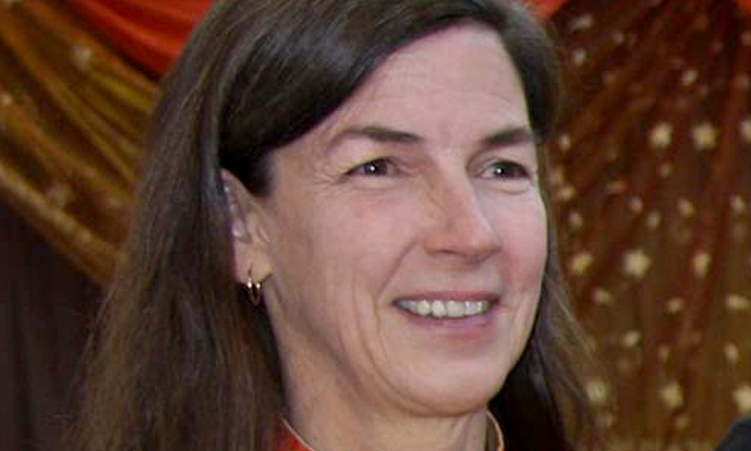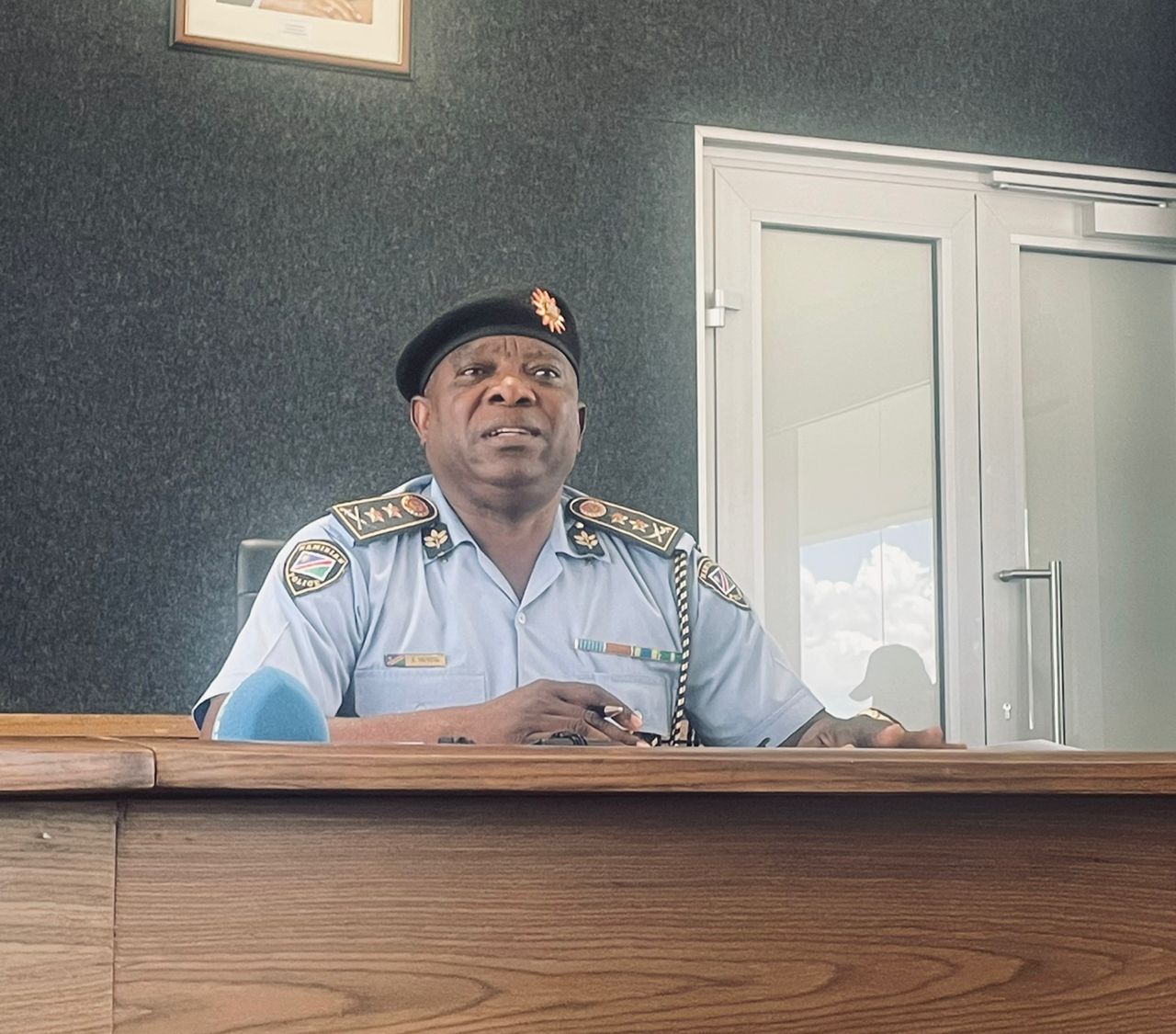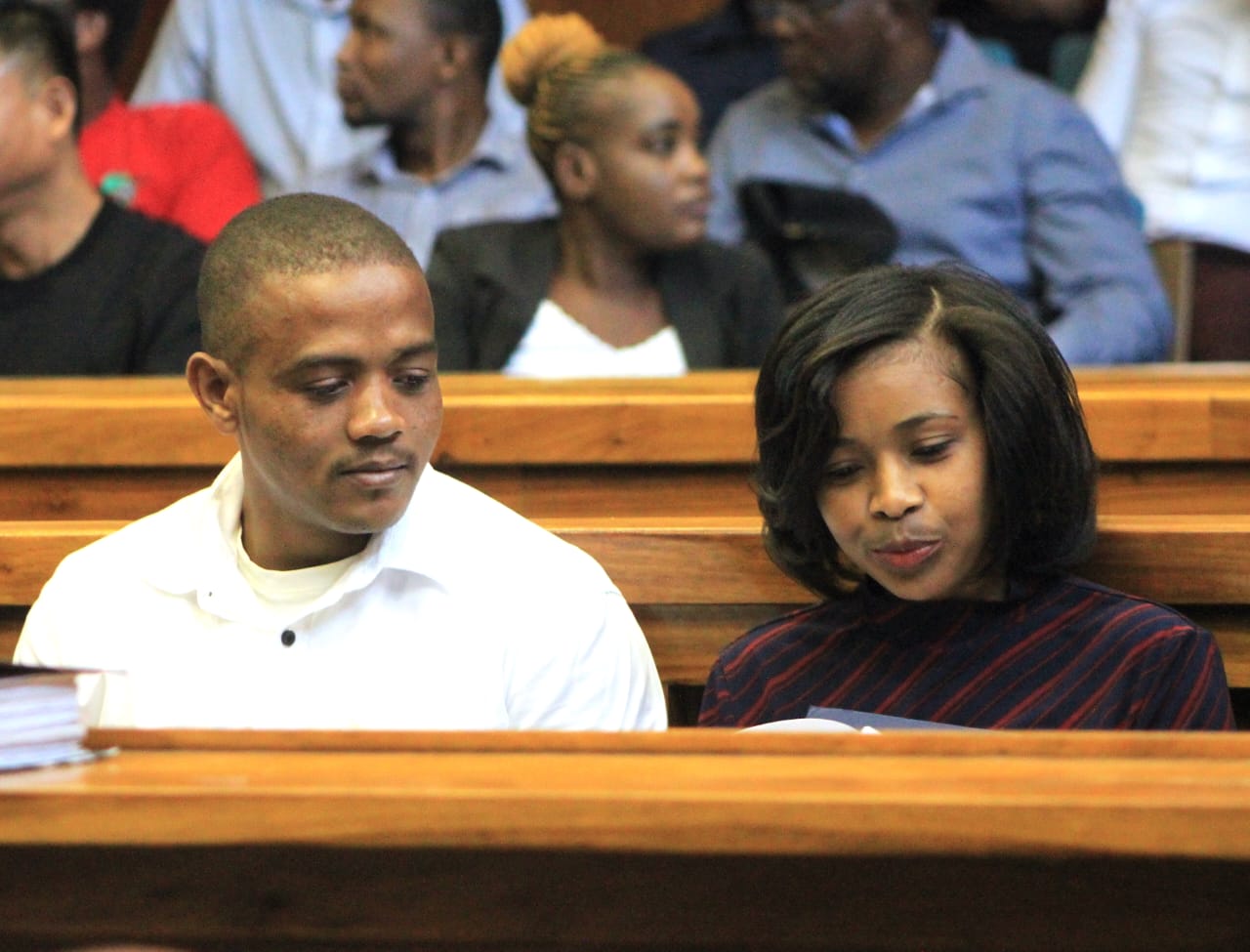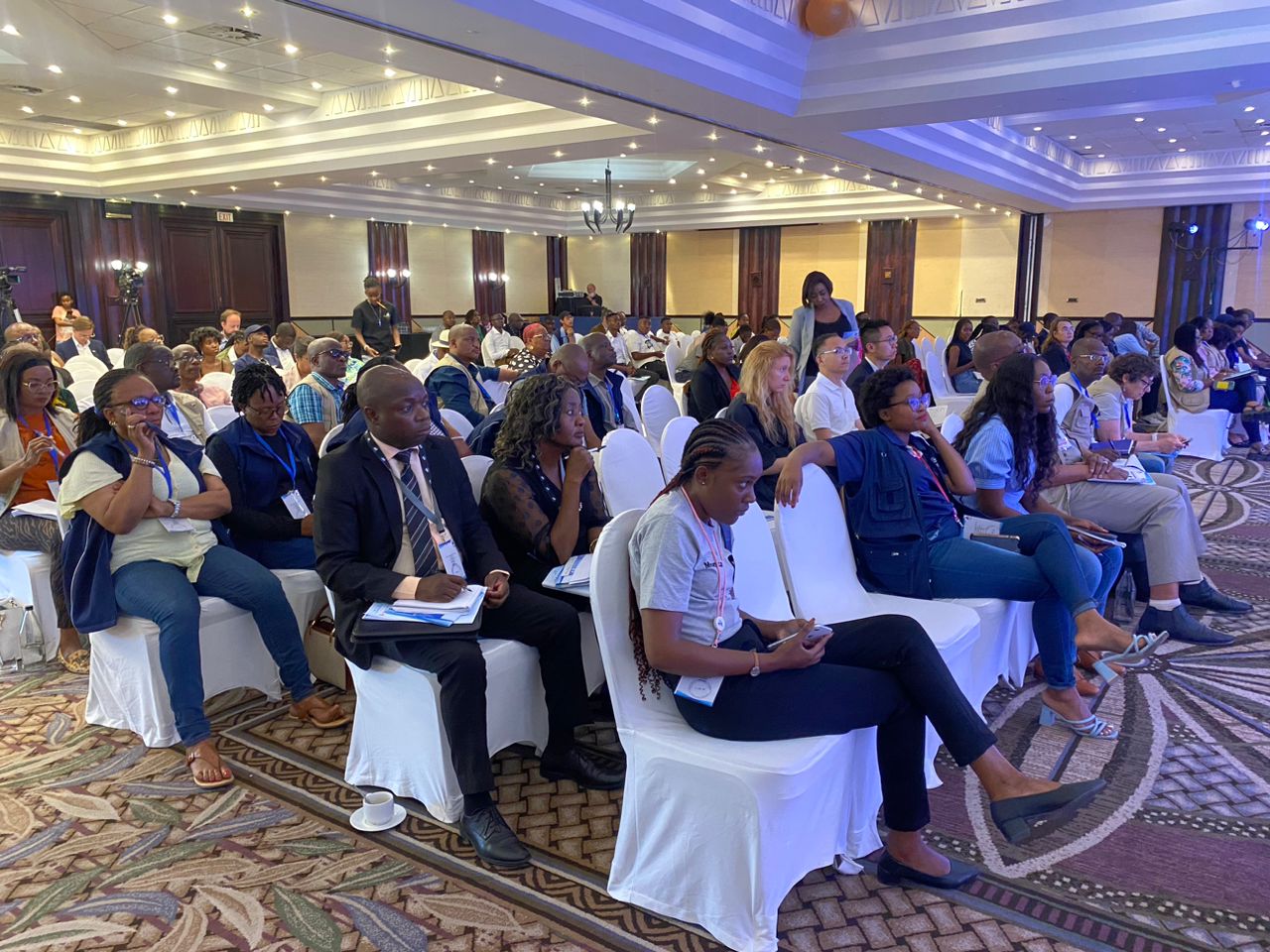This month, the Electoral Commission of Namibia published a new Code of Conduct for Political Parties and Political Organisations. This new code replaces the Guidelines issued in 1992.
The key principles have not changed, but the new code is much more detailed than previous guidelines.
Here is a short summary of its main rules on political campaigning.
The purpose of the Code of Conduct is to promote a free, fair and credible election and a climate of tolerance free from fear, coercion, intimidation, interference or reprisals.
Note that the reference in this summary to ‘political groups’ includes political parties and political organisations, as well as their candidates, members and supporters.
(1) No violence or intimidation
Political groups must not use violence or threats against anyone because of their political views or activities.
They are also forbidden to use violence or intimidation in an attempt to influence voters.
This includes trying to get a person to vote or not to vote as well as trying to get them to vote for a particular candidate or group.
(2) No bribery
Political groups must not use bribery to try to influence voters, or use bribery or intimidation to try to get an election official to alter or falsify election results.
Political groups must not use money or other inducements to get people to participate in the activities of a political group which they do not actually support, to join a particular political group, or to reveal who they are voting for.
(3) Respect for secret ballots
Political groups must not try to force voters to reveal who they voted for, or punish them in any way for how they voted (or are believed to have voted).
(4) No lies about other political groups
Political groups must not publicly communicate false, defamatory, baseless or inflammatory allegations about other political groups.
This applies to social media platforms as well as other forms of publication.
(5) No discrimination
Political groups must not discriminate on the grounds of race, ethnicity, sex, gender, class or religion.
(6) No hate speech
Political groups must not use hateful language or language that incites violence towards any individual or group. This includes language in speeches, songs and slogans.
(7) No conflicting events
Political groups must not hold rallies, meetings, marches or demonstrations that are physically close to those being held by another political group at the same time.
(8) No noisy nuisances
Political groups must not disturb the peace by utilising public address systems between 22h00 and 07h00.
(9) No sabotage of campaign material
Political groups must not remove, damage or deface the property of other political groups or the Electoral Commission of Namibia.
This includes election posters, placards, banners and voter education materials.
It is also forbidden for a political group to impersonate another political group by using their symbols, colours or acronyms.
(10) No barring access for campaigning
Political groups must not inhibit others’ access to meetings or voters for the purpose of election campaigning.
(11) No weapons at political events
Supporters of political groups must not carry or display weapons at political meetings, marches, demonstrations, rallies or other public events. This includes traditional weapons.
(12) No corruption of officials
Political groups must not try to get any official or public servant to act in a partisan manner or to further the interest of any political group.
(13) Equal access to the media
All political groups and candidates should have fair and equal access to public and private media, including both electronic and print media.
(14) Moratorium on certain campaign activities during the voting period
From 24 hours before the voting begins until the polls close, no political group is allowed to hold a public gathering or to publish any advertisement or statement promoting or opposing a particular political group or candidate.
Enforcement
Some violations of the code are criminal offences under the Electoral Act.
For example, using violence, threats or other forms of undue influence in an attempt to sway voters is a crime, punishable by a maximum fine of N$25 000 or five years’ imprisonment, or both.
Using any form of bribery to influence voters is also a crime, punishable by a maximum N$50 000 fine or 10 years’ imprisonment, or both.
There are heavier punishments for repeat offenders.
Every political group and candidate must pledge to follow the Code of Conduct.
Political groups must commit to taking measures, including disciplinary action, if their candidates, members or supporters do not follow the code.
They must also report all allegations of intimidation and other unlawful conduct to the police.
In general, all political groups are expected to commit themselves in good faith to a culture of peaceful political activity.
- • Dianne Hubbard is a legal consultant with many years of experience in public interest law and a passion for trying to make legal issues clear and accessible
Stay informed with The Namibian – your source for credible journalism. Get in-depth reporting and opinions for
only N$85 a month. Invest in journalism, invest in democracy –
Subscribe Now!






